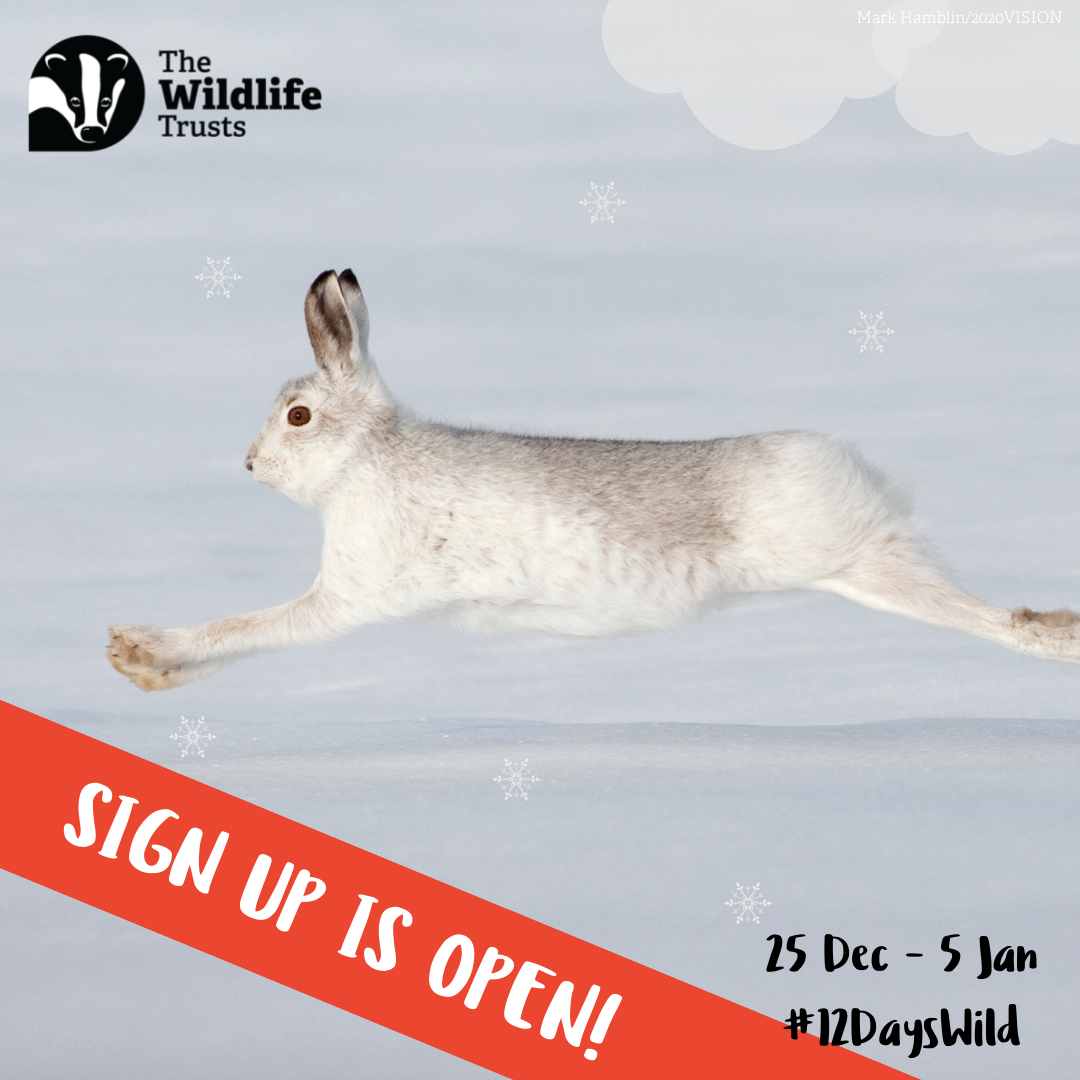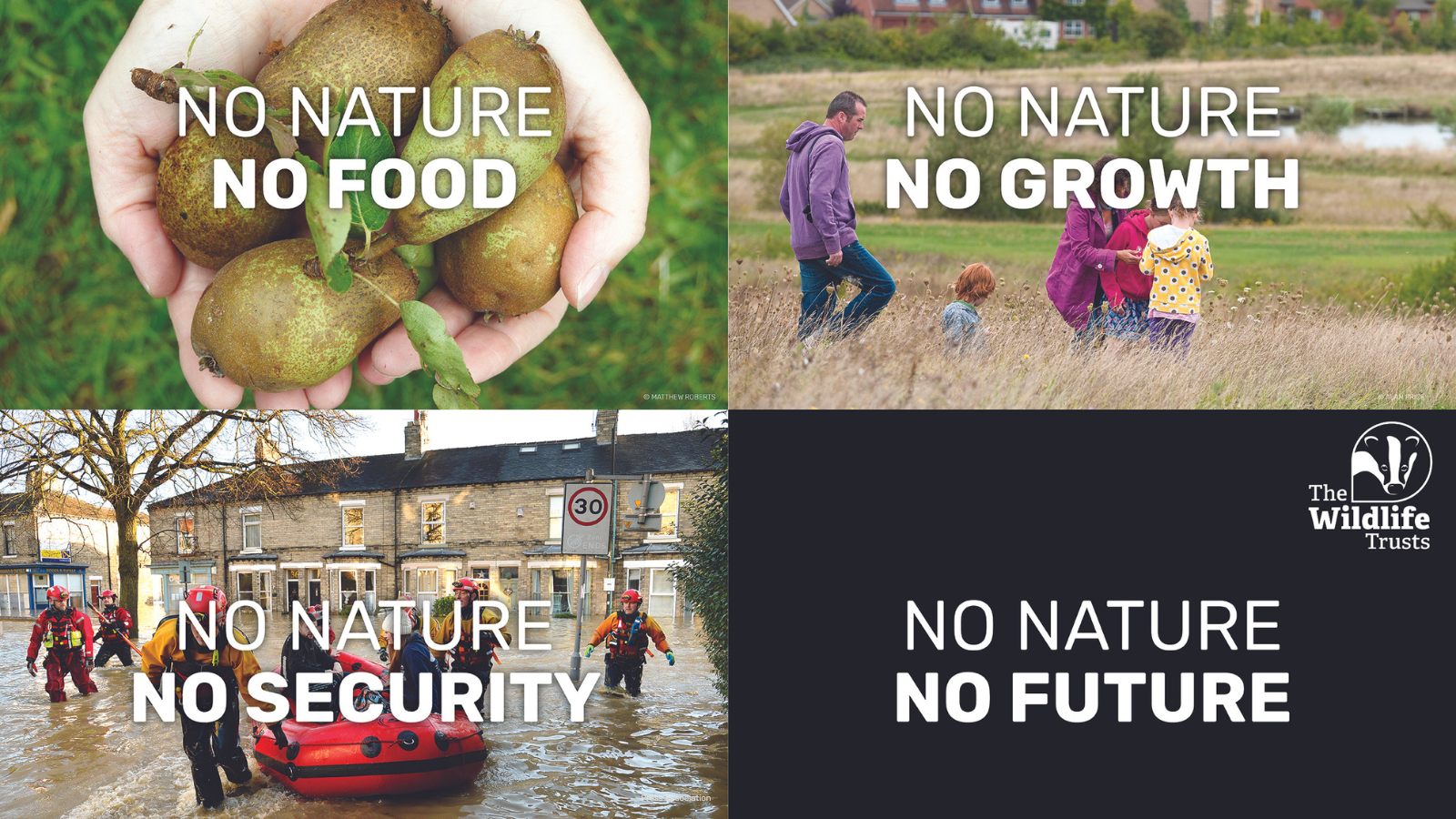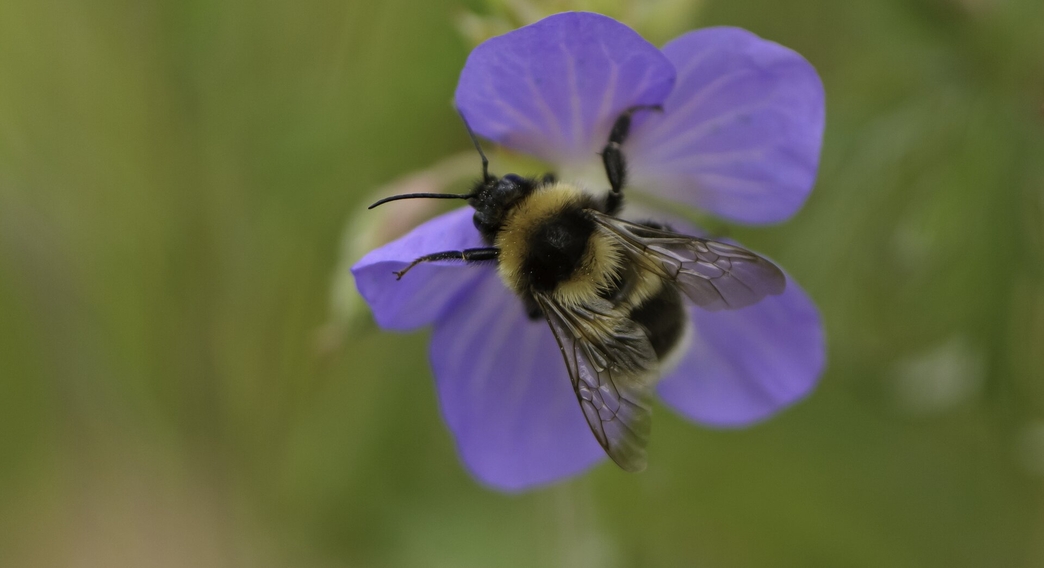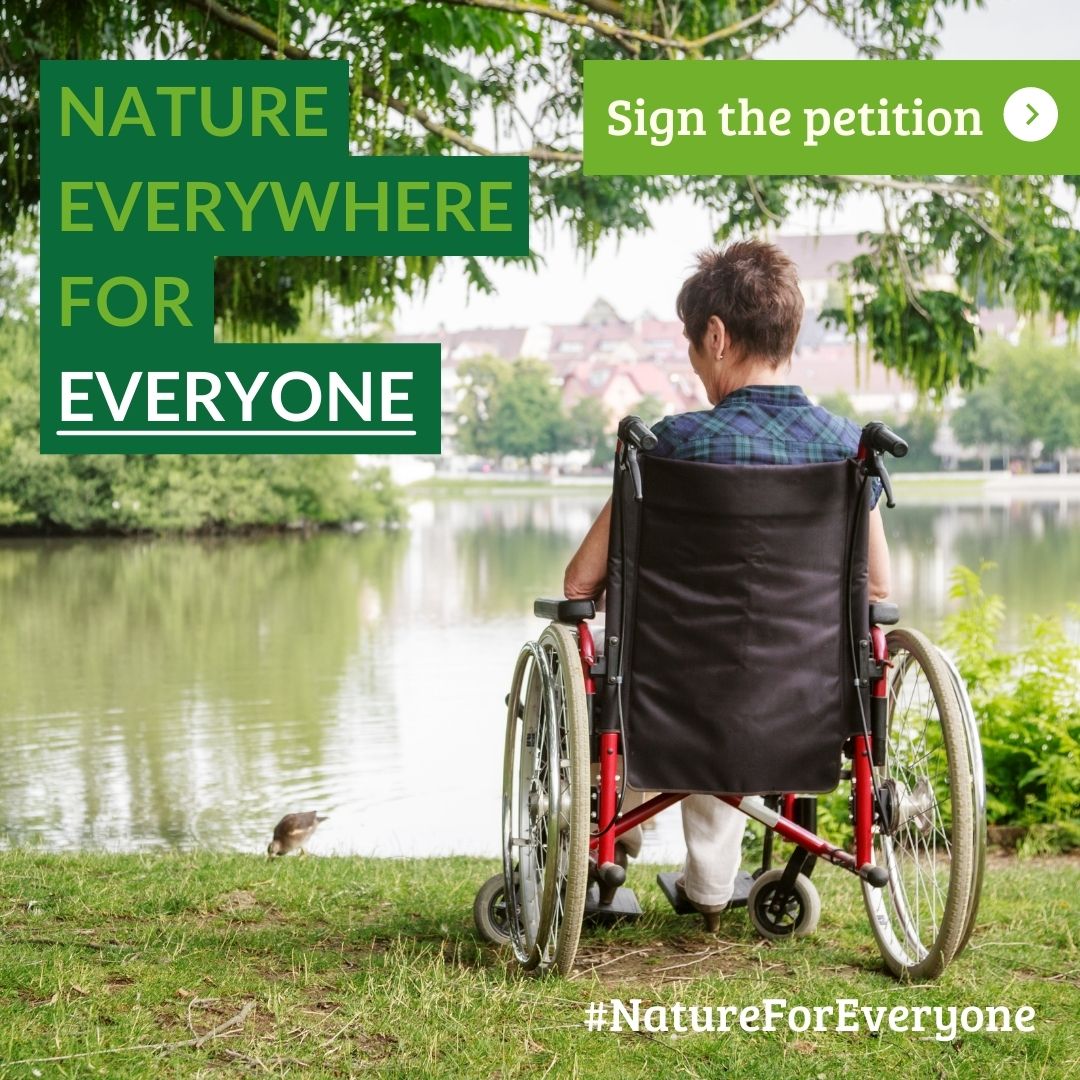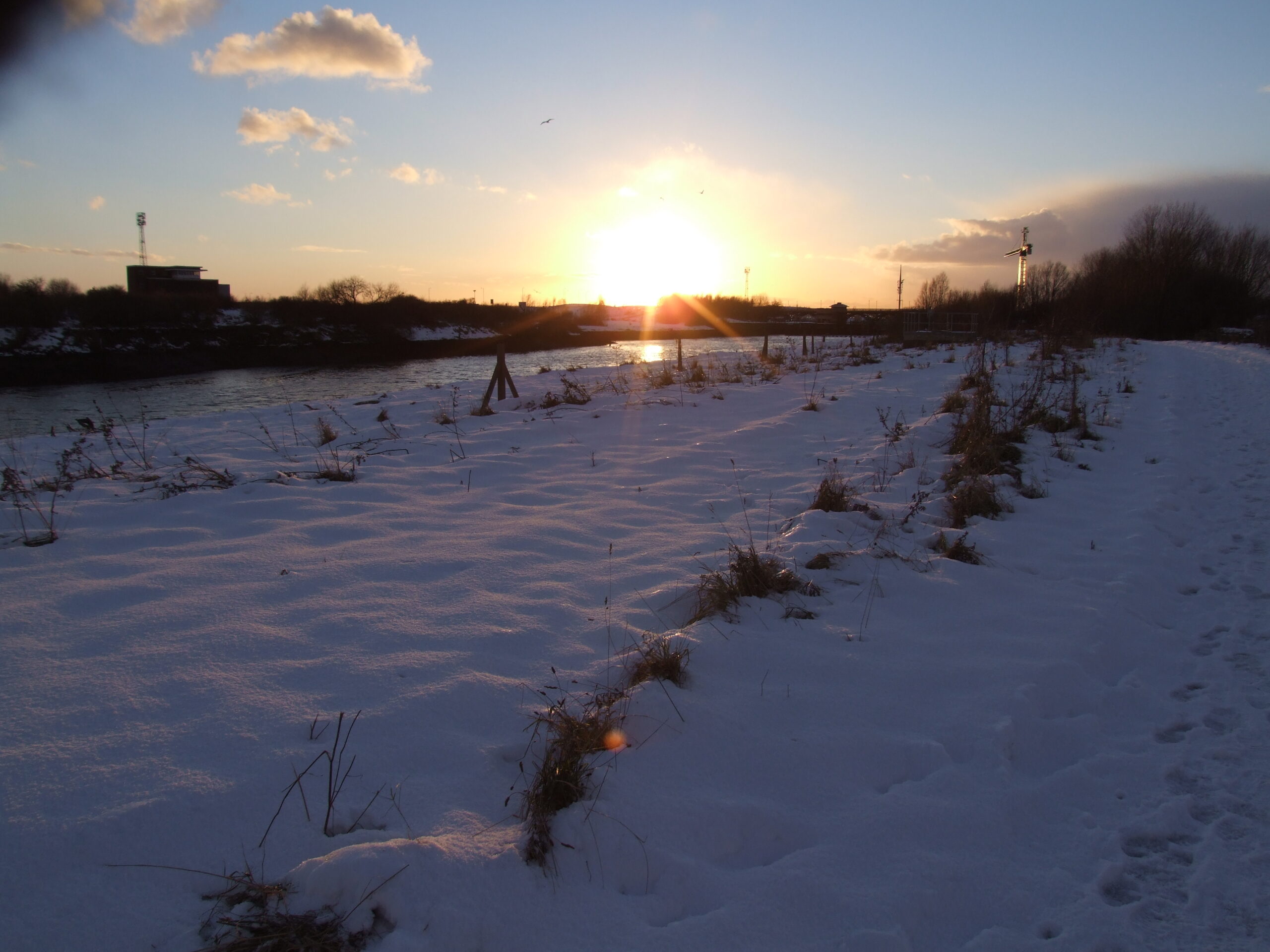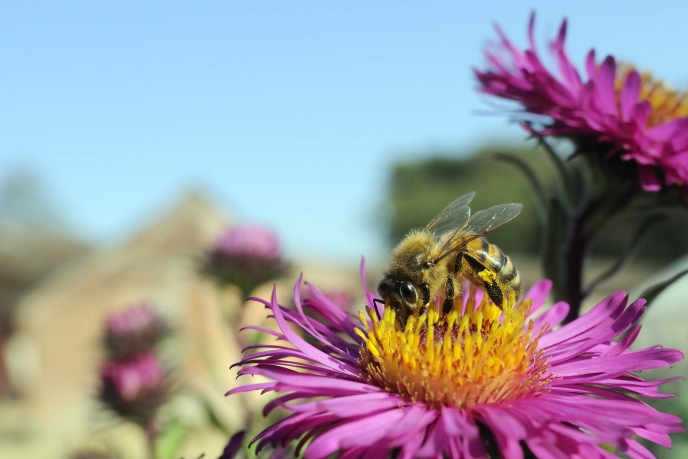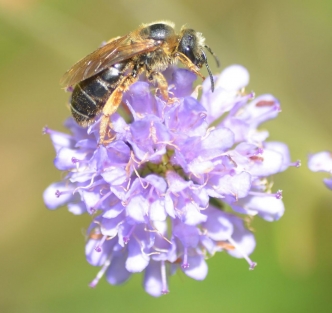After twelve days of talks and two years of delay, negotiators at COP15 in Montreal have agreed a historic global deal to protect nature. The new Global Biodiversity Framework enshrines the target of protecting 30% of land and sea for nature in international law, and commits richer countries to providing $30bn a year to...
Twelve Birds of Christmas
https://www.wildlifetrusts.org/12dayswild...
Help #DefendNature
No Nature. No Future. Abundant, healthy wildlife and a thriving environment are the answer to many of the challenges we face today. Without nature, there will be no food, no growth, no security, no peace of mind. No future. And yet, UK Government has launched an attack on nature – suggesting the laws in...
#Defendnature We Need You
UK Government is seriously threatening our wildlife We know you are as angry as we are about UK Government’s plans to change nature and climate laws – and are asking you to help #DefendNature. Nature has really taken a battering; in the last week alone, UK Government has announced that they will be: Lifting the ban...
Put your garden to the test!
Our two-minute survey can score your garden and offer ideas to make it even better for wildlife, but why is this so important? Compared to a vast forest or a flower-filled meadow, a garden might not seem all that wild. After all, how much life could a small patch of grass, a few flowers...
New campaign calls for a ‘legal right to local nature’ in Levelling Up reforms
Government levelling up plans will fail unless they include levelling up access to nature, warn 60+ organisations in a major new cross-sector campaign New research finds 85% of people in nature-deprived areas say more natural spaces would improve their quality of life 83% of Brits want greater protections to stop nature loss to development,...
12 Days Wild 2021
A midwinter nature challenge 12 Days Wild is our festive nature challenge, encouraging you to do one wild thing a day from the 25th December to the 5th January. In those weird days between Christmas and New Year, winter wildlife is just waiting to be explored! Your wild acts could be little things to help nature – like recycling your Christmas tree or feeding the...
Say no to Peat compost
We need an immediate end to peat sales Peat used in our compost is dug out of wild places, damaging some of the last remaining peatlands in the UK and overseas. This process also releases carbon into the atmosphere, accelerating climate change. Ten years ago, the Government set a voluntary target for the horticulture sector...
Stay of execution for bees in 2021
Today’s announcement that a banned neonicotinoid will not be used on sugar beet is good news – but does not halt the risk to wildlife in future years Bees and other wildlife may have won a temporary reprieve and could now avoid being poisoned by a toxic pesticide due to the recent snap of...
The Wildlife Trusts explore legal challenge to Government decision to allow emergency use of neonicotinoid
Emergency authorisation was refused in 2018 – what’s changed? Today The Wildlife Trusts’ lawyers have contacted the Environment Secretary, George Eustice to question his decision to allow the emergency use of the banned neonicotinoid Thiamethoxam for sugar beet. The Wildlife Trusts believe the action may have been unlawful and The Wildlife Trusts are planning...
Prime Minister: no more neonics!
A pesticide known to kill bees has been authorised for farmers to use on sugar beet crops in England. The deadly neonicotinoid (or neonic), thiamethoxam, was banned EU-wide in 2018 because of the wide-spread harm it causes. We are shocked that the Secretary of State, George Eustice, has used his power to allow this. The decision to allow...
Bad news for bees: Government reverses ban on bee-killing neonicotinoids
The Government has bowed to pressure from the National Farmers Union and agreed to authorise the use of the highly damaging neonicotinoid thiamethoxam for the treatment of sugar beet seed in 2021. The Wildlife Trusts strongly oppose this decision. The Secretary of State, George Eustice, made the decision in response to the potential danger posed from...
